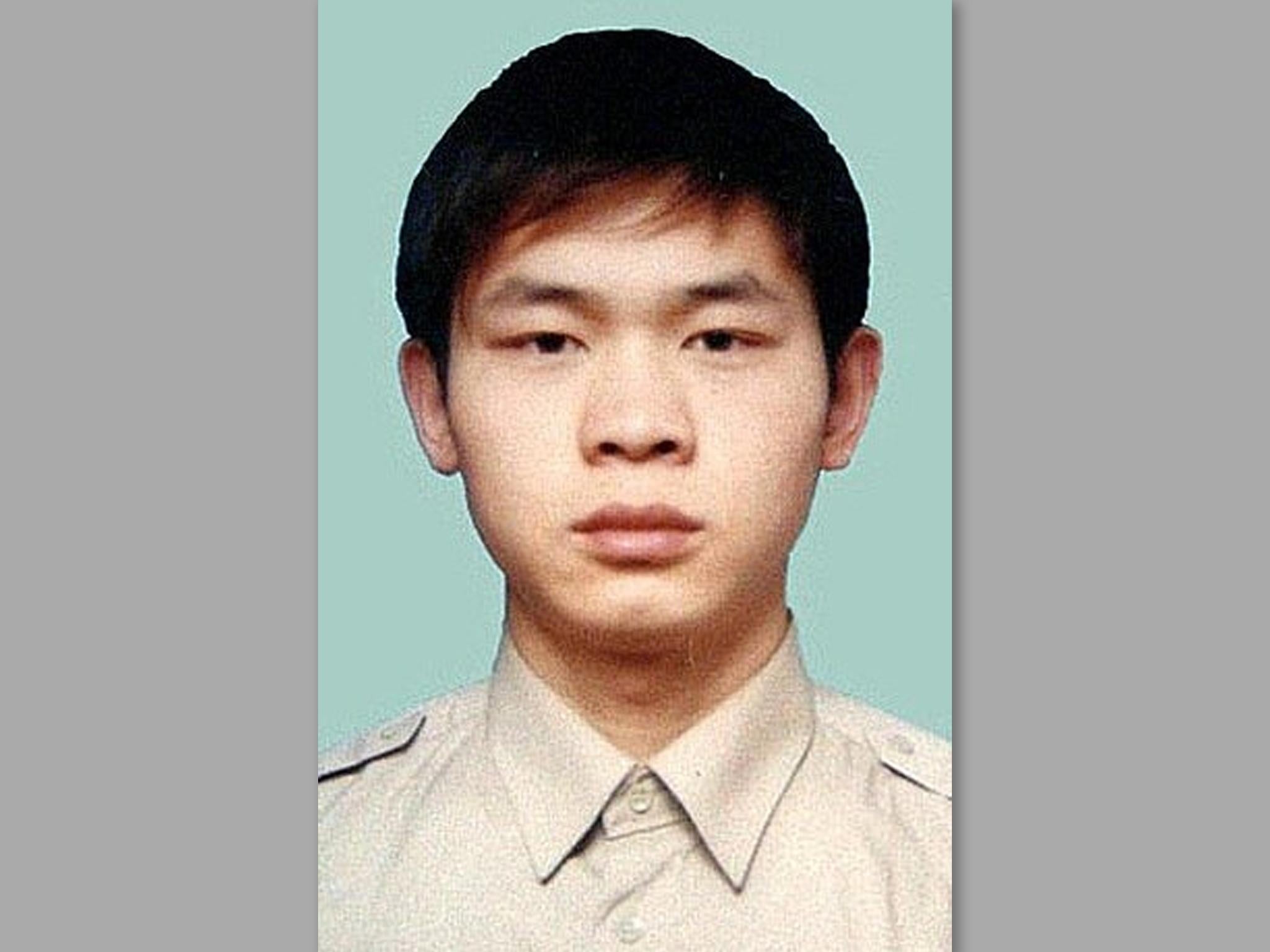Japan executes foreigner for first time in a decade
‘It was an extremely cold-blooded and cruel case,’ says justice minister

Japan has executed a Chinese national who was found guilty of murdering a family of four, putting to death a foreigner for the first time in a decade.
Wei Wei, a 40-year-old language student who studied in Japan, was executed by hanging after over 16 years on death row for the murders and robbery.
Justice minister Masako Mori said Wei was executed at Fukuoka detention centre on the Japanese island of Kyushu on Thursday.
He was convicted of robbing and killing a married couple and their two children at their home in Fukuoka in 2003.
Along with two Chinese accomplices, Wei attached weights to the family’s bodies before dumping them in the ocean.
Wei is the first foreign convict to be killed as part of a death sentence since Japan started releasing the names of executed criminals and some details of their crimes in 2007.
Executions are carried out in high secrecy in Japan, where prisoners are not informed of their fate until the morning they are hanged.
The country, which has 84 people out of its 112 inmates on death row seeking retrials, has kept the death penalty despite growing international criticism.
The justice minister said she signed the execution order after careful examination, taking into consideration the international anti-execution movement. She said Japan was a law-abiding country and the execution was based on its criminal justice system.
“It was an extremely cold-blooded and cruel case, in which (Wei) killed four innocent members of a happy family,” she said.
His two accomplices were tried in China, where one was sentenced to death and the other was given life imprisonment, according to Japan’s Kyodo News agency.
Amnesty International said the hanging showed Japan’s “shocking lack of respect for the right to life”.
“The country has shown that it lags far behind most of its peers,” Arnold Fang, an East Asia researcher for the group, said.
Last year, Japan executed 15 people by hanging, including the guru of the Aum Shinrikyo cult and 12 former followers convicted in a deadly Tokyo subway gassing.
Available data suggests China executed the most people in 2018, according to Amnesty International.
Iran and Saudi Arabia used the death penalty the next most frequently, the human rights NGO said.
Additional reporting by Associated Press
Join our commenting forum
Join thought-provoking conversations, follow other Independent readers and see their replies
Comments
Bookmark popover
Removed from bookmarks